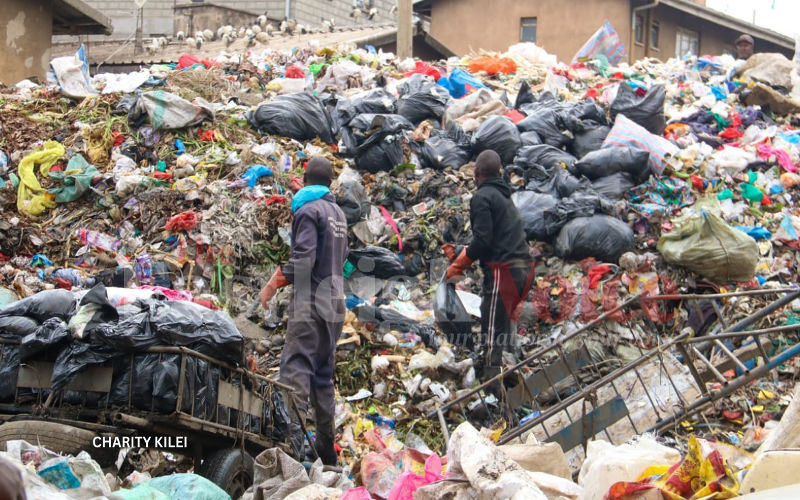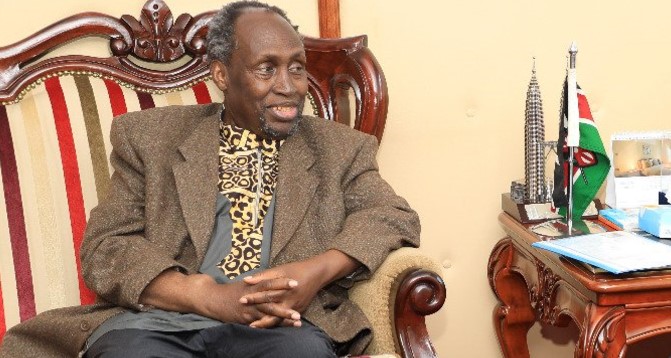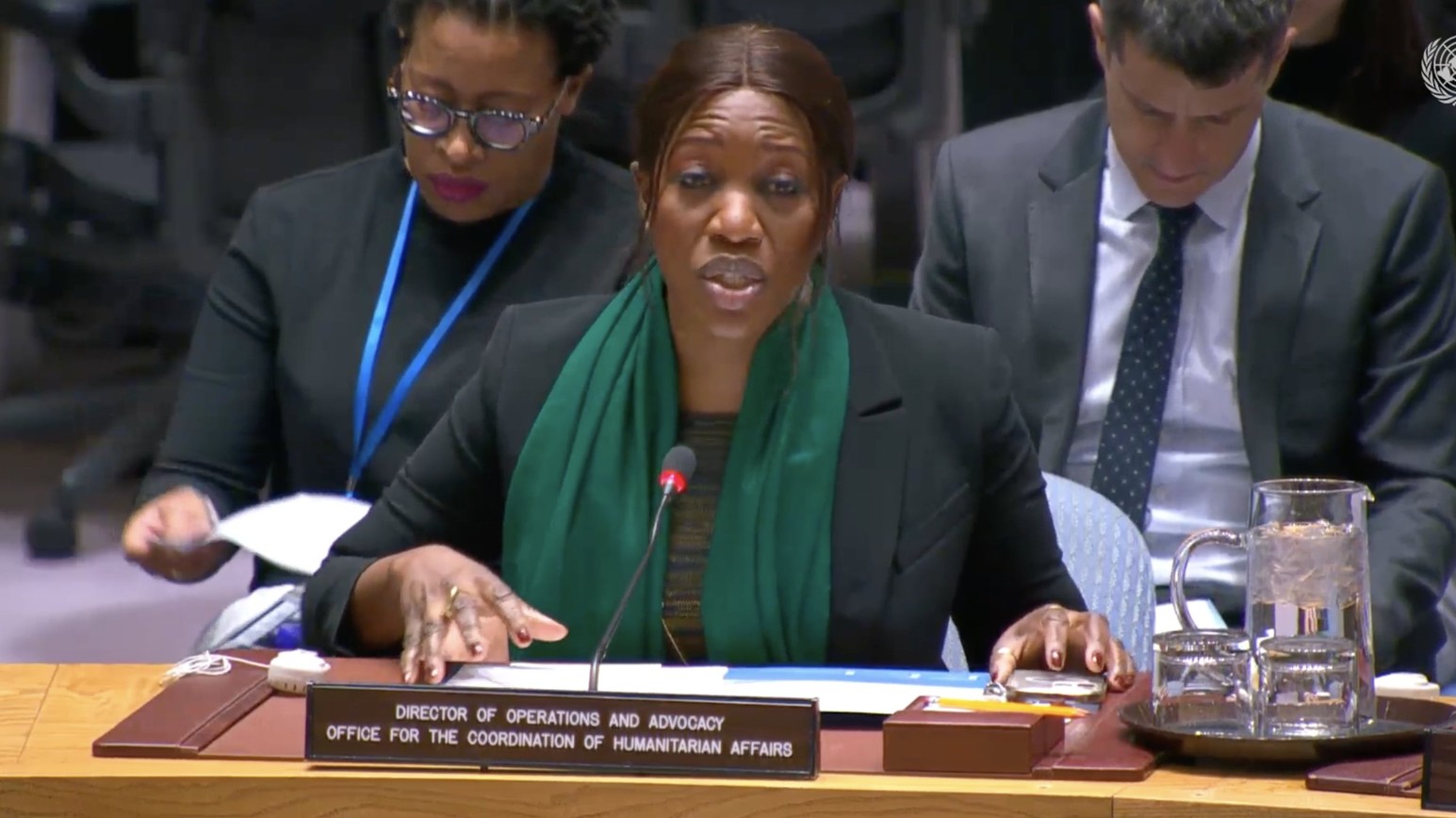UN report: Gains in ending FGM at risk unless Kenya scales up action

Since the enactment of the 2011 Prohibition of FGM Act, which outlawed the practice, thousands of girls have been spared the cut and instead embraced alternative rites of passage, supported by community-based organisations.
Kenya has won global praise for its progress in cutting down female genital mutilation (FGM), but a new United Nations report warns that unless the country moves much faster, the gains could be lost and the 2030 elimination target missed.
The Sustainable Development Goals (SDG) Report 2025, released on Sunday, highlights Kenya as a country that has combined strong legislation, community action, and survivor-led initiatives to curb FGM.
More To Read
- UN sounds alarm over Nairobi’s mounting garbage crisis
- UNESCO urges dialogue as world marks day for remembrance of slave trade, abolition
- UN calls for unity, support on day of remembrance for terrorism victims
- ‘Africa is poised for progress’ Guterres tells development conference in Japan
- Amid ongoing Israeli attacks, ‘the systematic destruction of Gaza City is already underway’: UN rights office
- DR Congo: UN condemns deadly attacks in the east of the country
Yet the report stresses that progress must now be scaled up nearly thirtyfold if all girls are to be protected from the harmful practice.
“Kenya has made notable progress in reducing the prevalence of FGM, driven by legal reforms and grassroots activism. However, to achieve global elimination of FGM by 2030, progress must be 27 times faster than in the past decade,” the report states.
The warning comes even as Kenya records sharp declines in cutting rates in areas such as Narok, Samburu, and West Pokot.
Since the enactment of the 2011 Prohibition of FGM Act, which outlawed the practice, thousands of girls have been spared the cut and instead embraced alternative rites of passage, supported by community-based organisations.
However, the UN report notes that while FGM cases are falling, child marriage remains a persistent challenge across sub-Saharan Africa, with the region reporting the world’s highest prevalence.
“Child marriage continues to undermine the rights and opportunities of girls, with progress far too slow to meet global targets,” the report observes.
Kenya’s own data shows child marriage remains common in rural and pastoralist counties, where it is tied to poverty and cultural beliefs.
Unless more girls are kept in school, especially through secondary education, families will continue arranging early marriages that expose them to abuse and limit their life opportunities.
“FGM and child marriage are violations of human rights that must be eliminated. Accelerating progress is critical to achieving gender equality and ensuring every girl has the chance to thrive,” the report adds.
The recognition given to Kenya is attributed to three major efforts: a solid legal framework, partnerships with elders and religious leaders, and women-led programmes offering alternative rites of passage.
In counties such as Kajiado and West Pokot, community meetings and dialogue have changed attitudes, with chiefs and morans making public declarations to abandon the practice.
Even so, serious gaps remain. The report highlights weak enforcement of the anti-FGM law in some regions and rising reports of cross-border cutting along the Kenya–Tanzania and Kenya–Uganda borders, where girls are taken across to undergo the practice.
“Legislation alone is insufficient. Lasting change requires education, economic opportunities, and community engagement to challenge deep-rooted norms,” the report emphasises.
Education is singled out as the strongest weapon against both FGM and early marriage. Evidence shows that girls who complete secondary school are far less likely to be subjected to cutting or forced into early unions.
“Ensuring girls remain in school is a critical pathway to ending harmful practices. Investments in education, particularly in rural and marginalised communities, will yield dividends for generations,” the UN stresses.
With just five years left before the 2030 deadline, Kenya faces a defining moment: sustaining the progress achieved while drastically scaling up interventions.
The report calls for replication of successful community-based models, stricter border enforcement, and more resources directed to education and health programmes that protect girls.
“Progress is possible, but not inevitable. The elimination of FGM and child marriage requires urgent, sustained and scaled action.”
Top Stories Today













































